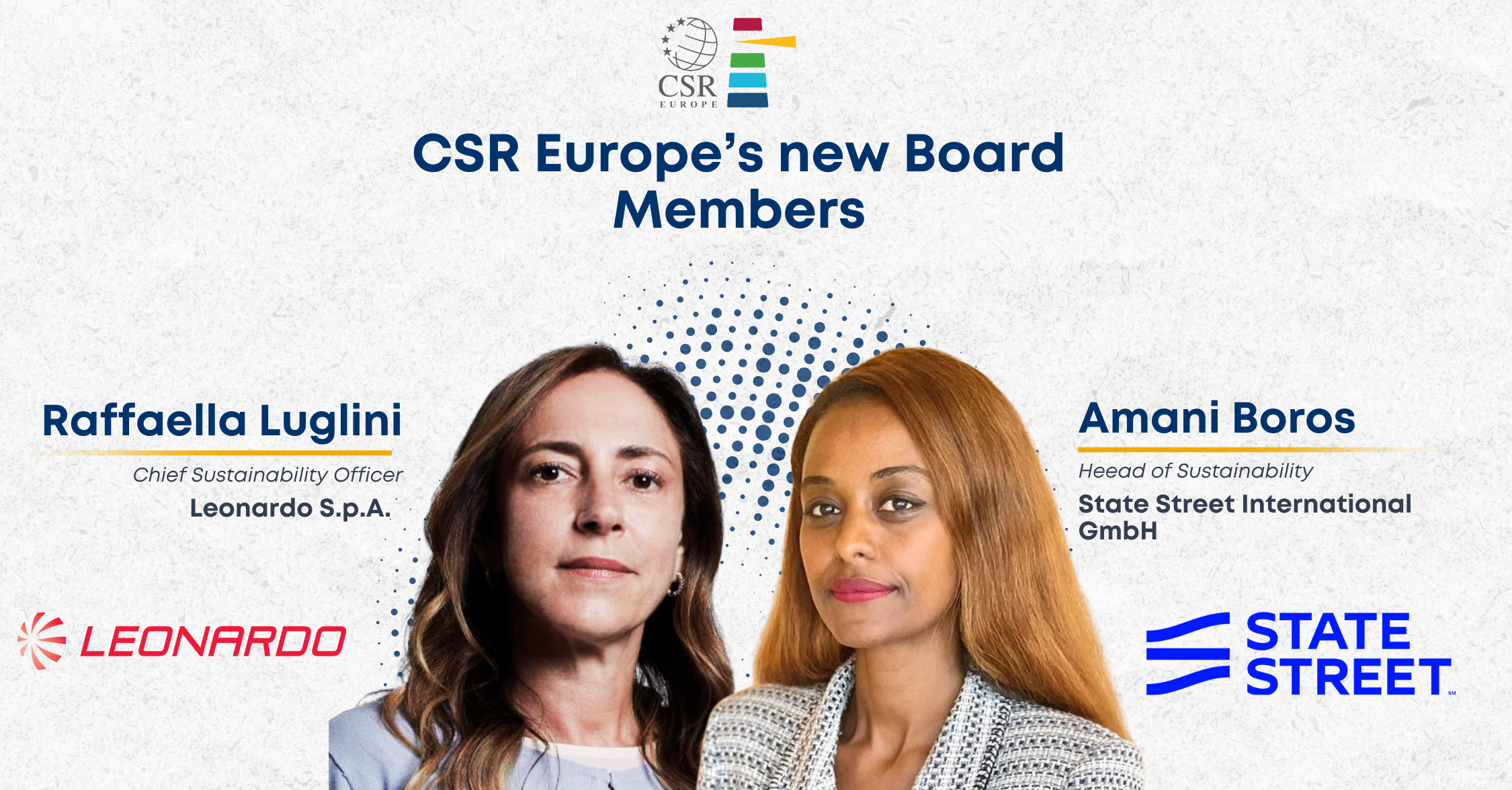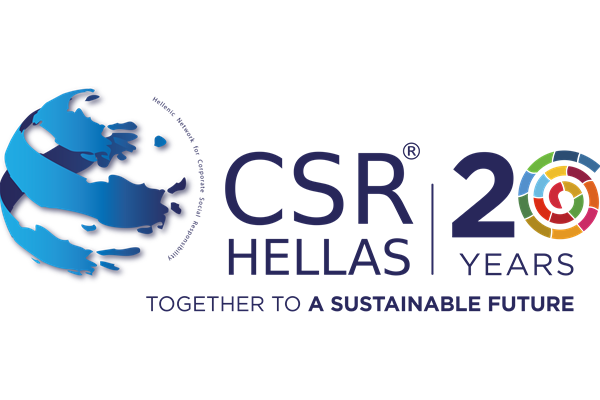EU Regulation Updates
Read below the latest updates in EU regulations. For more information about how these regulations might apply to your company, email Morris Massarutto, Senior Project Manager at mm@csreurope.org
EU Deforestation Regulation (EUDR) update
On 16 April 2025, the European Commission presented a draft Delegated Act amending Annex I of Deforestation Regulation, introducing targeted technical changes to clarify which products fall within its scope, ensuring simpler and more straightforward application of the EUDR. A public consultation concerning the Act is open until 13 of May
The Commission also published guidance documents on EU Deforestation Regulation, introducing several simplification measures to support implementation that will lead to a currently estimated 30% reduction of administrative costs and burden for companies. Key provisions include:
Large companies can reuse existing due diligence statements for re-imported goods
Possibility of due diligence statement on behalf of members of company groups.
Due diligence statements can be submitted annually instead of for every shipment or batch placed on the EU market.
Simplified due diligence obligations for large companies: collecting reference numbers from their suppliers' Due Diligence Statements (DDS) and use these references for their own DDS submissions suffices.
Clarification of critical concepts such as "placing on the market", "making available", and "export”
Timeframe for the application of the Regulation's provisions
Finally, the Commission is in the process of finalising a country benchmarking system, expected to be adopted by 30 June 2025. This system will assign risk levels to countries of origin, allowing operators to adjust their due diligence requirements accordingly.
To know more about the impact of the EUDR on your companies contact us.
Omnibus Update
Following the Commission’s proposal for the Omnibus Simplification Package on 26 February 2025, the European Parliament voted on 3 April 2025 for the “stop-the-clock” proposal, postponing the CSRD compliance by two years for all companies that were not subjected in the first wave; and by one year the transposition deadline and the first phase of the application of CSDDD. The proposal was formally adopted by the EU Council on 14 April 2025.
The EU Council presented on 16th of April its first draft proposal on the full omnibus, clarifying key provisions, such as the definition of “plausible information”, and introducing guidance on the CSRD "value chain cap", emphasizing that: “Undertakings should not be prevented from continuing to share sustainability information that is common to a particular sector and that they already share.” Both The Council and the European Parliament will further scrutinize their position on the Omnibus proposal in the following weeks.
Expected next steps:
Vote in the EP JURI Committee on the final draft: 13 October 2025
EP Plenary Vote on the final draft: By the end of October 2025
Trialogue negotiations between the Commission, Parliament, and Council
Final Adoption of the Text: Officially expected by the end of 2025, though consensus is unlikely before 2026
Register here to join our members-only webinar on the Omnibus Simplification Package taking place on 15 May
State of the play of the revision and simplification of the European Sustainability Reporting Standards (ESRS)
Building on the Omnibus simplification process, DG FISMA has mandated EFRAG to review and simplify the European Sustainability Reporting Standards (ESRS). To support this, EFRAG hold a public consultation until 6 May to gather stakeholder input. The focus was on reducing data points, prioritising quantitative over qualitative information, clarifying double materiality, and aligning better with international standards.
CSR Europe and its European CSO Network were included by EFRAG among the few business networks in the revision process. On 29 April, CSR Europe, and members of the CSO Network had the opportunity to meet with EFRAG to share reflections on key benefits and challenges identified during the first CSRD report cycle and to propose potential solutions to support the revision process.
According to EFRAG’s work plan for the simplification process, a first exposure draft will be published by the end of July, following the initial stakeholder consultation. This draft will be open for further stakeholder feedback throughout August and September, with the final revised version expected to be submitted to the European Commission by 31 October 2025.
HAVE YOUR SAY
EU Bioeconomy Strategy
The EU Commission plans to present a revised EU Bioeconomy Strategy by late 2025, as part of its broader sustainability agenda and in alignment with its strategies on industry, circular economy, and clean energy innovation. To support the preparation of this strategy, the Commission launched a 12-week public consultation which will be open from 31 March 2025 to 23 June 2025.
This initiative aims to offer solutions for a circular and climate neutral economy, boosting the EU’s prosperity and competitiveness within planetary boundaries. It will help citizens, regions and key economic sectors (including agriculture, forestry, fisheries, biomanufacturing and biotechnologies industries and services) make the best and most sustainable use of biomass. This will keep material and products in the economy for as long as possible, reconciling planet, people and prosperity.
Following the consultation period, the Commission will finalize the revised Bioeconomy Strategy and present it later in 2025. Once adopted, it will be submitted to the European Parliament and the Council, which may respond by adopting a Resolution or Council Conclusions.
Industrial Decarbonisation Accelerator Act
The Clean Industrial Deal announces an Industrial Decarbonisation Accelerator Act to address permitting bottlenecks related to industrial decarbonisation and access to energy and support the creation of lead markets for the development of European clean and resilient industrial technologies and products. The general objective is to increase sustainable and resilient industrial production in energy-intensive industrial sectors in the EU by supporting decarbonisation investments. The Act will consider three specific objectives:
Accelerate permitting and access to clean energy for industrial decarbonisation, including electricity, hydrogen, and carbon capture infrastructure, while maintaining high environmental standards.
Identify and support priority decarbonisation projects and industrial clusters, de-risking investments through public support and enabling environments at national level.
Create and protect European lead markets for low-carbon products by using public procurement criteria, developing EU labels (e.g., for low-carbon steel), and promoting sustainable feedstocks, while safeguarding competitiveness and market integrity
The EU Commission has launched an open public consultation for inputs for the Industrial Decarbonisation Accelerator Act. The consultation will be open from 16 April 2025 to 09 July 2025.
LATEST NEWS








